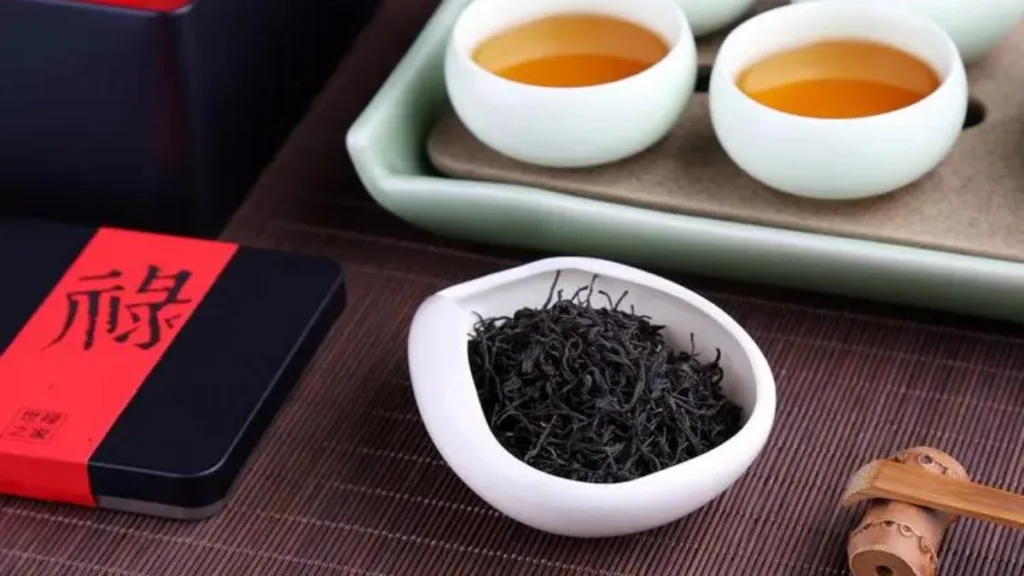For avid gardeners, the prospect of using leftover black tea or even tea leaves for watering plants might spark curiosity. Today, let’s delve into this intriguing question and explore the possibilities and benefits of nourishing your plants with black tea.
Black Tea as a Plant Elixir: A Nutrient-Rich Brew
Black tea, a beloved beverage cherished for its rich flavors and aromatic notes, extends beyond the realms of a mere drink. Surprisingly, it finds a unique application in gardening, particularly in the act of watering plants.
While the idea of using black tea for plant care might sound unconventional, it has gained widespread acceptance among plant enthusiasts. Black tea is replete with organic compounds such as nitrogen, phosphorus, and potassium, all of which contribute significantly to plant growth. Additionally, tannins and antioxidants present in tea leaves exhibit antibacterial and antioxidant properties, aiding plants in resisting diseases and pests.
The method of using black tea for plant watering is straightforward. Begin by placing a tea bag or some tea leaves in a basin of warm water, allowing the tea to steep for a period. Subsequently, use the steeped black tea as a water source for your plants, evenly pouring it around the roots. Repeating this process once a week or every two weeks ensures that plants receive the necessary nutrients.
Multifaceted Benefits of Watering Plants with Black Tea
The advantages of watering plants with black tea are diverse. Firstly, the organic compounds in black tea provide essential nutrients, fostering healthy plant growth. Secondly, tannins and antioxidants in black tea possess antibacterial and antioxidative properties, reducing the impact of pathogens and environmental stressors on plants. Moreover, black tea can enhance soil texture, augmenting soil fertility and water retention, facilitating easier nutrient and water absorption by plants.
However, it’s crucial to note that black tea might not be suitable for all plants. Some plants thrive in acidic environments, and the acidity of black tea water could potentially harm them. Before deciding to use black tea for plant watering, it’s advisable to understand the growth conditions your plants require, ensuring that black tea water won’t cause any harm.
Understanding the Science Behind Black Tea Gardening
Black tea, commonly associated with daily consumption, opens up a realm of possibilities beyond the teacup. Did you know that black tea can be used for plant care? Indeed, watering plants with black tea is a practice embraced by some flower enthusiasts. In suitable conditions, black tea can offer additional nutrients to flowers, promoting their growth and development.
Firstly, black tea is rich in organic compounds such as tannic acid, theaflavins, and polyphenols, providing essential nutrients for plant growth. Tannic acid stimulates the plant’s antioxidant capacity, aiding in combating environmental damage. Theaflavins stimulate physiological activities in plants, enhancing growth rate and immunity. Additionally, polyphenolic compounds in black tea possess antibacterial and antifungal properties, contributing to the overall health of plants.
Secondly, watering plants with black tea can regulate soil acidity. Black tea, with its moderate acidity, helps maintain soil pH within an appropriate range, facilitating nutrient absorption and plant growth.
However, it’s essential to recognize that black tea watering is not universally suitable for all flowers. Plants that favor acidic soils, such as rhododendrons, camellias, and blueberries, may benefit more from black tea watering. For plants with strict pH requirements, like lilies and tulips, alternative fertilization and watering methods may be more suitable.
When employing black tea for plant watering, attention should be paid to the amount and frequency of watering. Overwatering should be avoided to prevent waterlogging and root rot. Generally, watering once a week with an amount sufficient to keep the soil moist is advisable. Additionally, it’s crucial to control the concentration of black tea. Excessive strength may have adverse effects on plants.
In conclusion, while black tea can indeed be used for watering plants, its application should be tailored to the needs and suitable conditions of the specific plants. Proper black tea watering can provide beneficial nutrients for plant growth. However, it’s essential to acknowledge that watering plants with black tea is a supplementary measure and cannot replace standard fertilization and watering practices.



